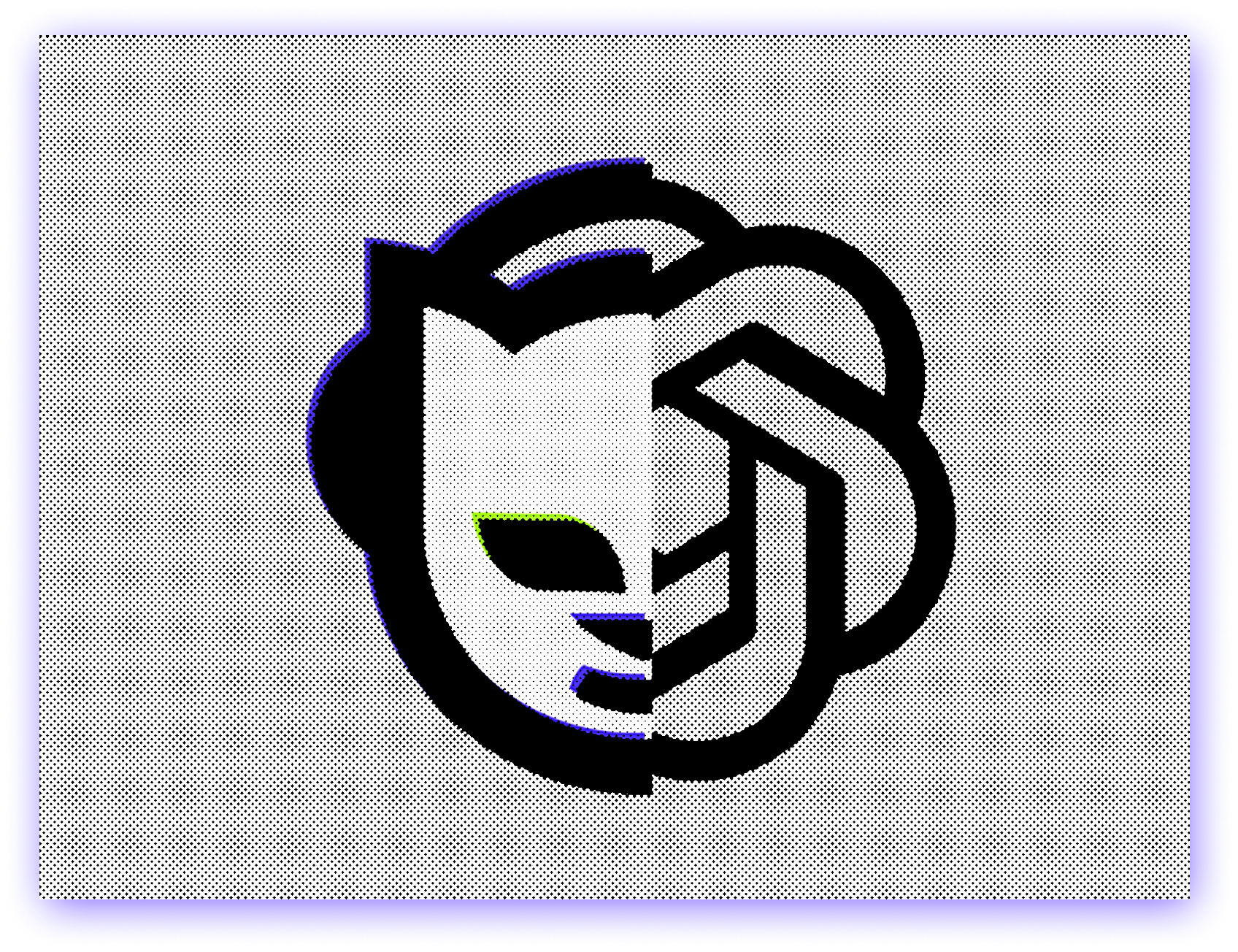Gone are the good old days of infecting your computer with a virus to download a free System of a Down MP3. Napster hit its popularity peak in 2001, just two years after launching its online peer-to-peer song-sharing platform, which eventually ended the era of $20 CDs.
Napster invented a new way of sharing and listening to music that transformed the industry, but it ultimately went bankrupt after being buried under a pile of copyright-infringement lawsuits. It turned out that the music industry didn’t want to give its work away. Shortly after, other companies rose to capitalize on the tech Napster invented.
Now, a quarter-century after Napster first hit the internet, OpenAI could face a similar fate as lawsuits stack up against the generative-AI pioneer.
Napster amassed as many as 80 million users in under two years. And despite not making any money, and not announcing any plans on how it could, it secured $17 million in venture-capital funding.
OpenAI’s operating on a much larger scale, because it’s way more expensive to build and run artificial intelligence that can create a Wes Anderson-style film than a network that can send an MP3 of “No Scrubs.” Microsoft alone has invested more than $13 billion in the AI company that said its ChatGPT had 200 million weekly active users as of August. It does have a path to profit, though, as 10 million of its subscribers pay $20 a month for pro features, and it has 1 million enterprise customers.
OpenAI and Napster have both been at the center of some of the biggest tech conversations of their times. Like OpenAI, Napster attracted as much scrutiny as it did hype: in the same year it launched, a trade org repping 18 recording companies sued the platform, seeking $100,000 per copyrighted song shared, totaling about $100 million.
Then came Metallica vs. Napster: the heavy-metal band filed a copyright suit in 2000, and Dr. Dre followed up with his own. Artists alleged Napster not only violated existing copyrights but let fans leak unreleased music to the public early.
Eminem had to release “The Real Slim Shady” early after it went viral on Napster. In a recent docuseries, he said: “Here’s what you don’t understand. If music should be free, I have an engineer to pay.” But others took Napster’s side: Mötley Crüe’s bassist argued that bands made enough money off concerts and merch to simply skip song sales.
Fast forward to today, and writers and artists are having a similar argument over whether OpenAI is a creative tool or a sledgehammer smashing through their life’s work. Best-selling authors — including Ta-Nehisi Coates, Jodi Picoult, and George R.R. Martin — last year sued the AI maker, alleging it plagiarized their copyrighted works to train its models. Outlets like The New York Times, The Centre for Investigative Journalism, and The Intercept are among those who’ve made similar accusations in separate lawsuits.
In one of OpenAI’s ongoing suits, authors are seeking $150,000 for each infringed work. OpenAI is already burning through billions a year, and settling suits would make its bills even less manageable.
When Napster settled its suits for $26 million, its VC-padded coffers were emptied and it could no longer pay its employees. The company shut down its platform and declared bankruptcy at just three years old.
Napster relaunched with changes that made it legal, but it reemerged into a house of mirrors, where copycats like LimeWire had stolen its limelight. Eventually, streamers like Spotify and Apple Music figured out how to turn Napster’s idea into a profitable music-streaming business.
Napster relaunched yet again in 2023 as a Web3 music company, but it’s smaller than a guppy compared to its competitors. Meanwhile, the music business still hasn’t figured out a model for paying labels and artists that makes everyone happy (see: Taylor Swift’s ongoing feud), which could portend a long journey for creatives contending with AI.
If OpenAI is crushed in courts and can’t find a way to make its services both legally compliant and profitable, it could be the next Napster. And as Napster’s story showed, losing time and money to legal squabbles can be a turning point that puts a novel company behind its competition.
